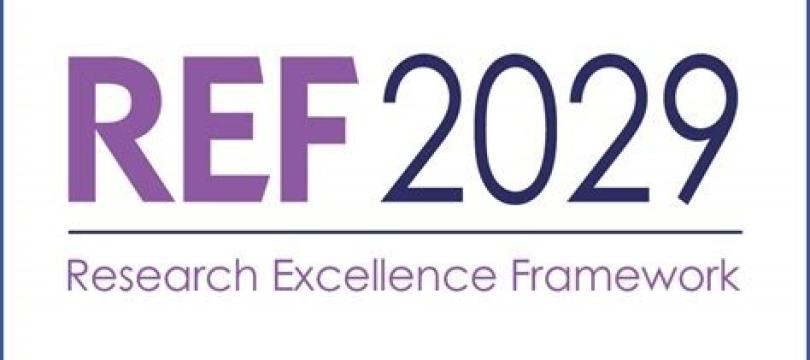Capacity building for community research partnerships
Interest in participatory research is growing. For this to happen both equitably and ethically, specific knowledge and expertise is needed. The NCCPE and the Young Foundation led a consortium of partners in a UKRI-funded project, exploring the learning and development needs for those involved in community research partnerships, including people in research, broker, and community roles. The project involved over 80 people and produced recommendations for those supporting community engagement with research.
In the first blog of this series, the team consider some of the barriers to learning, and how organisations might address them.

Accessing learning
Our research explored the needs, restrictions, and current learning and development provisions relevant to community research partnerships. Challenges (or perceived challenges) and barriers to accessing existing learning provisions included:
Time and Funding
For all groups, the main barriers to engaging in learning and development activities were lack of time, the costs associated with taking part (including opportunity costs / costs to cover the time to engage) and a lack of awareness of opportunities available.
Lack of employer support
Participants from both universities and community organisations noted that development around community research partnerships was not valued by employers, resulting in individuals not having the time and capacity to engage.
Researcher identity
For researchers, professional development tended to occur within their different disciplines, with less value placed on the skills needed to work in collaboration with communities.
Lack of provision
Most participants highlighted a lack of opportunities to learn about community research partnerships. Community organisations had the fewest opportunities as several national providers have reduced the training provision they offer, and there has been a reduction in infrastructure (e.g. conferences and networks).
Learning landscape
Whilst there is some provision relevant to community research partnerships, this tended to be brokered through networks or universities, and therefore was not accessible to all. Programmes highlighted through this research included Knowledge for Change and the British Science Association’s Community Leaders programme. You can find full details of the training provisions in the final report.

Often, for community-based organisations, the cost of participation and the lack of support from employers deter engagement. Furthermore, the scarcity of tailored training for community organisations exacerbates these challenges.
What does this mean for community research partnerships?
Project participants championed a set of principles to underpin learning and development for community research partnerships. The most important principles included:
- Clear purpose including the desired impacts on the community, researchers and research system.
- Focus on real projects with tangible outputs and outcomes.
- Engaging and relevant content which needs to be both intellectually engaging and confront the practical complexity of partnership work.
- Flexibility and choice to meet the needs of different people involved in community research partnerships, utilising different modes of teaching and learning.
- Sufficient time, support, and resources to enable people to master new content and integrate this into their practice.
- Peer to peer learning to enable sharing of the expertise and insight.

Looking back on my team’s experience of organising six University of Derby Impact Collaboration and Engagement masterclasses (2023-24), the importance of the principles rings true: emphasizing the value of peer-to-peer learning and discursive engagement with relevant real-life Community Research Project examples.
Working in an inclusive and accessible way
Participants were keen that learning and development activities should be designed with communities, researchers and brokers, and should be fully accessible:
- Language should be used carefully and tested with potential participants (e.g. don't use the term 'professional development programme’ as this term suggests all involved are doing so in a ‘professional capacity’, rather than as a community member).
- Equity, Diversity and Inclusion should be embedded in the design and delivery of any learning provision.
- Recognition and reward of individuals involved is important for those taking part.

As someone who has brokered CRPs in the past, I particularly welcome more development space to critically assess, share, and use our power in an equitable way.
Final thoughts
As the movement around community research partnerships grows, there is a need and an opportunity to build more effective support infrastructure in the sector. For instance, as funders consider how to enable collaboration between communities and researchers through their funding programmes, they should consider the insights shared in these blogs in supporting the learning and development needs of all those involved.
In part two of the community research partnership learning blog series, we explore the set of co-designed key principles for learning and development and how they are being applied in practice.
More about the Community Research Partnerships Learning Programme scoping project
The NCCPE and Young Foundation worked alongside the University of Brighton, Trust for Developing Communities, Staffordshire University, the Get Talking network, and the British Science Association (BSA) on this UKRI funded project. The research focused on the question ‘What role could a professional development offer play in building capacity for more embedded, effective and equitable involvement of communities in Research & Innovation?’. Throughout the project, over 80 individuals from a range of perspectives were involved: 33% community organisations/ community researchers; 32% brokers; 29% researchers; 5% funders.
